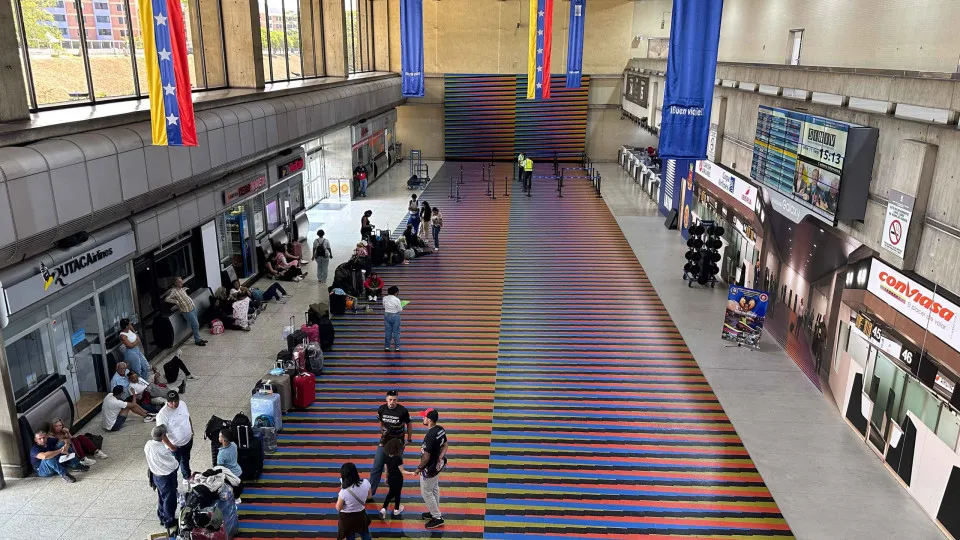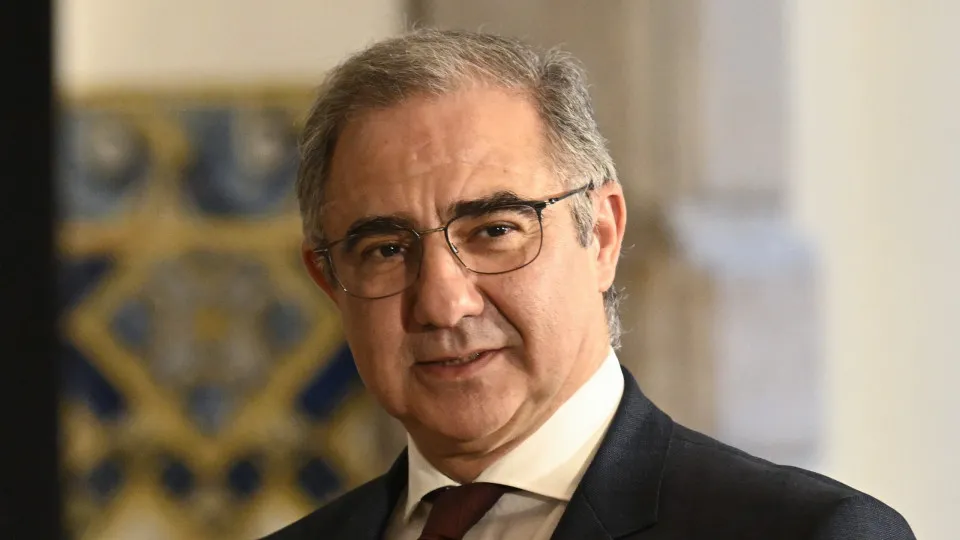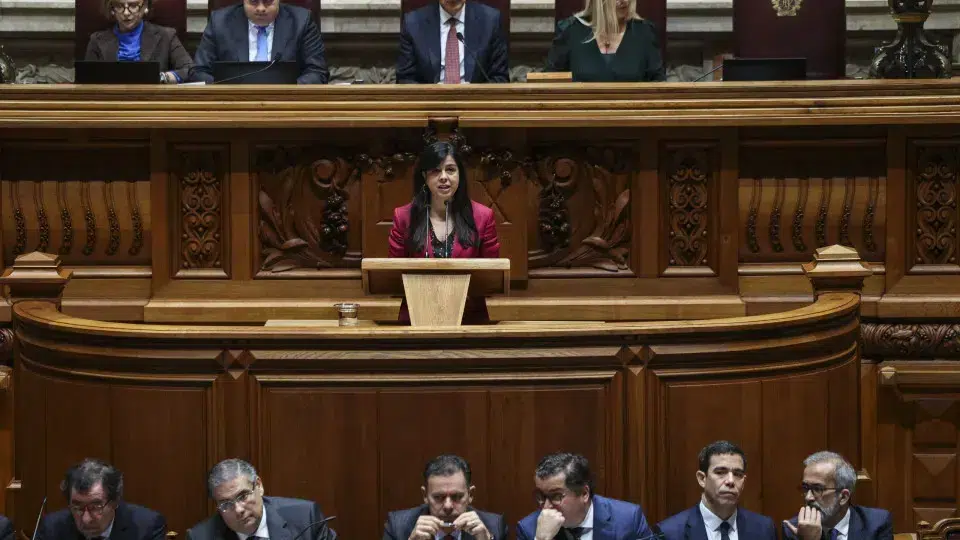
The decision followed a warning from the U.S. Federal Aviation Administration (FAA) urging airlines to exercise “extreme caution” when flying over Venezuelan airspace.
During the 19th High-Level Intergovernmental Commission between Russia and Venezuela, held virtually, Rodríguez stated that Caracas and Moscow are considering increasing flights to enhance tourism exchanges. This comes amid what the official describes as U.S. efforts to pressure other countries in an attempt to isolate Venezuela.
“They pressure other countries so that airlines do not come to our country,” the vice-president remarked, following the FAA’s advisory to commercial carriers about a “potentially hazardous situation,” which was issued last Friday.
The aviation authority cautioned about “a potential risk to aircraft at all altitudes, including during overflight and arrival and departure phases,” due to “the deterioration of security and increased military activity in and around Venezuela.” Meanwhile, the U.S. maintains a naval contingent in the Caribbean, citing anti-drug trafficking operations.
In this scenario, Rodríguez indicated that Venezuela is “under severe threats of military aggression” and expressed gratitude for “all expressions of solidarity” from Russia, affirming an “unbreakable” and “indestructible” relationship with the country.
On Monday, Venezuela gave airlines a 48-hour deadline to resume operations or face revocation of their licenses, a threat it fulfilled on Wednesday by announcing the withdrawal of permits for Iberia, TAP, Turkish Airlines, Avianca, Latam Colombia, and Gol, accusing them of “joining acts of terrorism” promoted by the U.S.
The International Air Transport Association (IATA), which represents over 300 airlines worldwide, urged Venezuela on Thursday to “reconsider” its decision to revoke flight permits.




